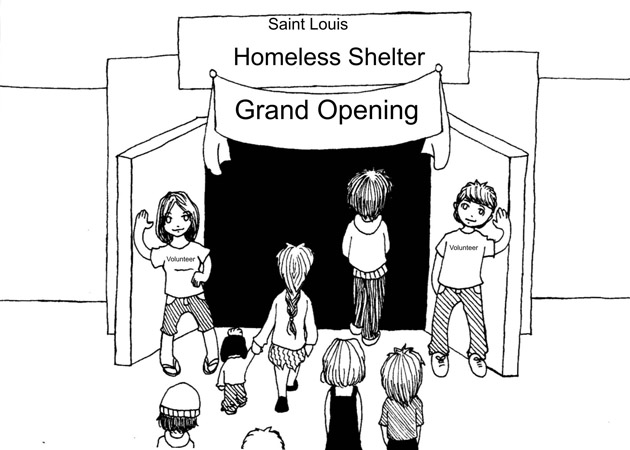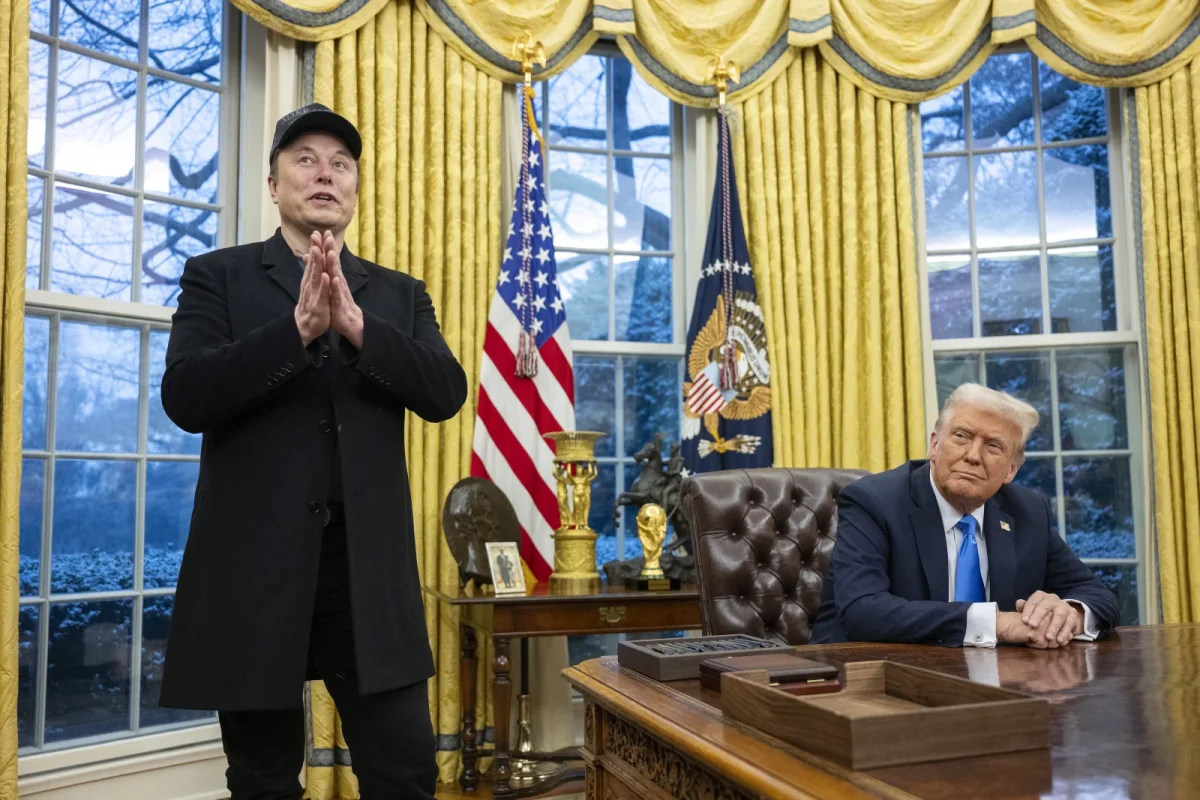 I visited Hopeville a few weeks ago. Hopeville is a homeless community stationed by the Mississippi river.
I visited Hopeville a few weeks ago. Hopeville is a homeless community stationed by the Mississippi river.
It was a cold Sunday afternoon, and I went with three other people to talk to some of the residents concerning an article I was writing about the homeless and St. Francis Xavier Church’s program to help out with overflow housing.
My first look at the place was humbling. At the entrance of Hopeville, there is a memorial made of a cross and a basket with a few teddy bears.Just beyond that, the tents come into view, made out of tarp and older tents – essentially anything that could be used to keep a structure standing.
In the center of the tents was a large fire with a few residents huddled around it, two men playing chess at a table off to the side and two others were grilling food on an old George Foreman grill.
Within seconds, one of my friends struck up conversation with someone. Eventually all four of us were talking to different people, asking questions and hearing stories. Hopeville residents come from what seems like everywhere – New Orleans, Texas, New Mexico, Russia – and they all have different stories to tell. Everyone knows everyone and anyone is welcome that needs a place to stay.
A memorial in front is for Hopeville’s puppy, Sierra, who passed away recently. The residents are friendly, helpful to each other, and joke around plenty.
The sense of community that came from these people was immense.
They have found help from each other and have become a family.
Other than the lack of real protection from the elements, this community is better for the people that need it than any government – run housing programs.
Mayor Francis Slay started a 10-year plan to end chronic homelessness in 2005.
This is following a 5-year plan that started in 2000 that apparently failed. The city planned to open four 24-hour safe houses for the homeless to have somewhere to shower, do laundry and take care of themselves.
According to a news report in November, they have only opened one. They cannot find the funding for support, nor can they find a generous enough non-profit organization to maintain the project. Though the number of homeless in the St. Louis area has decreased by about 12 percent over the last five years, the safe housing plan is not working.
For all of the years that politicians have talked about their plan to help the impoverished and the homeless, I have come to realize that homelessness is not something that can be solved through political plans. The homeless are not key constituents of any politician’s election strategy – there are not enough of them to count – nor is the level of apathy for their condition strong enough amongst the majority of voters to make or break an election. Though I am sure it adds a really nice tint of sympathy and humanism to a speech. The issue of homelessness can only be taken care of once we actually start to care.
It is a community problem and must be solved by the community. There must be outreach from average people that care. With enough people and enough heart, real progress could be made.
Teka Childress’s program for overflow housing is a good start: on nights when the weather is especially bad churches open their doors to anyone who could not find a place in the normal shelters.
If Childress could get enough churches to participate, she could actually make it so that everyone has a place to sleep on any night that they need it. That is progress.
In the long term, this sort of thing can help to form communities and create bonds that can really make a difference in people’s lives.
If a space could be found and with enough people, something like Hopeville can be created with better shelter, so that people can have somewhere to clean up and take care of themselves, and they can find an entire home of support to help them get back to where they need to be. Self-sufficiency could become a reality again for a lot of people, and all through donations and dedication.
If enough people really care about helping the homeless and are willing to put in the time, true advances can be made toward solving the issue, and all without even touching the tax rates.
Wolf Howard is a freshman in the University College.















